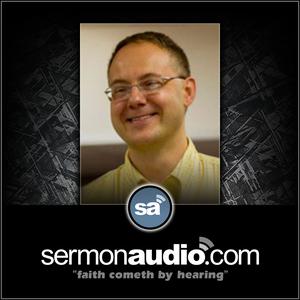jambo
Puritan Board Senior
I have not long finished reading David Brainerd's Diary and Journal and what a challenging and humbling read it was and so relevant for today in terms of true evangelism and the marks of true conversion. Since reading it, I have been curious about the situation of Native American people today and of church outreach activity into those communities. I know the Indians Brainerd ministered to are long gone with their territories concreted over with housing, industrial and commercial developments and I know the problems faced by such people integrating with society and the issue with alcohol and drug abuse.
However I understand there are a few hundred Indian reservations today and I would be interested to know what the situation is like on those reservations. Would there be any sort of a church on a reservation and if not would there be any church planting activity going on or even churches seeking to do outreach work into those areas?
However I understand there are a few hundred Indian reservations today and I would be interested to know what the situation is like on those reservations. Would there be any sort of a church on a reservation and if not would there be any church planting activity going on or even churches seeking to do outreach work into those areas?

